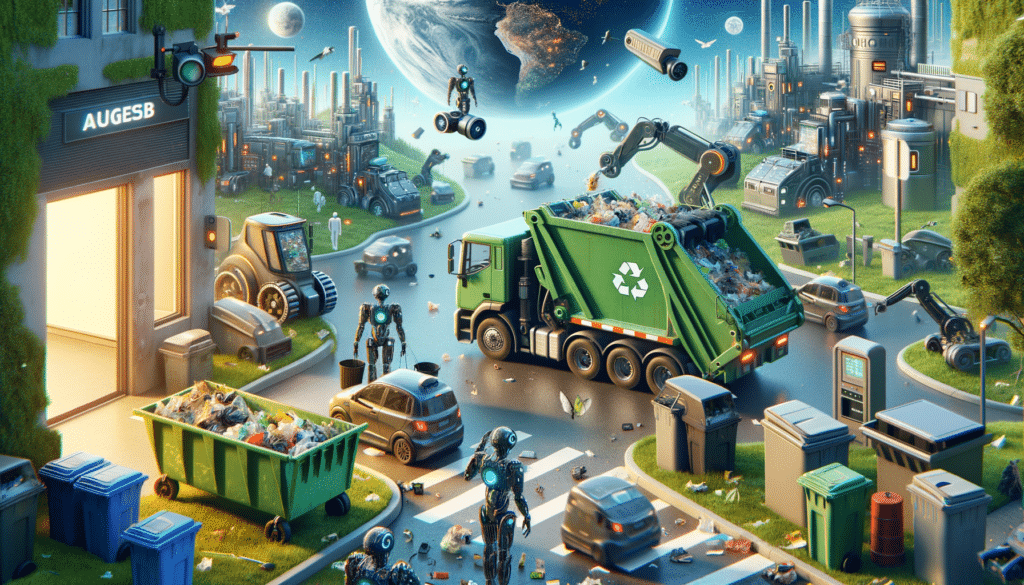The Growing Need for Efficient Waste Management
In today’s rapidly urbanizing world, the need for efficient waste management solutions has never been more critical. As cities expand and populations grow, the amount of waste generated increases exponentially. This surge in waste production poses significant challenges for municipalities and waste management companies. The traditional methods of waste collection and disposal are no longer sufficient to handle the volume and complexity of modern waste streams.
Innovative Technologies Transforming Waste Collection
To address these challenges, waste management companies are turning to innovative technologies that promise to revolutionize the industry. From smart bins equipped with sensors to advanced sorting facilities, these technologies are designed to improve efficiency, reduce costs, and minimize environmental impact.
Smart Bins and IoT Integration: Smart bins are equipped with sensors that monitor the fill level of the bin in real-time. This data is transmitted to waste management companies, allowing them to optimize collection routes and schedules. By collecting waste only when bins are full, companies can reduce fuel consumption and emissions, leading to a more sustainable operation.
Automated Sorting Systems: Advanced sorting facilities use robotics and artificial intelligence to separate recyclables from non-recyclables. These systems are faster and more accurate than manual sorting, increasing the recovery rate of valuable materials and reducing the amount of waste sent to landfills.
The Role of Data Analytics in Waste Management
Data analytics plays a crucial role in modern waste management strategies. By analyzing data collected from smart bins and other sources, companies can gain insights into waste generation patterns and identify areas for improvement. This information can be used to develop targeted waste reduction campaigns and optimize collection routes, further enhancing efficiency and sustainability.
Environmental and Economic Benefits
The adoption of these innovative technologies offers significant environmental and economic benefits. By reducing the amount of waste sent to landfills, companies can decrease greenhouse gas emissions and conserve natural resources. Additionally, the increased efficiency of waste collection and processing can lead to cost savings for both waste management companies and municipalities.
Conclusion: The Future of Waste Management
As the world continues to urbanize, the demand for efficient and sustainable waste management solutions will only grow. By embracing innovative technologies and data-driven strategies, waste management companies can meet this demand while minimizing their environmental impact. The future of waste management is bright, and those who invest in these cutting-edge solutions will be well-positioned to lead the industry into a more sustainable future.





